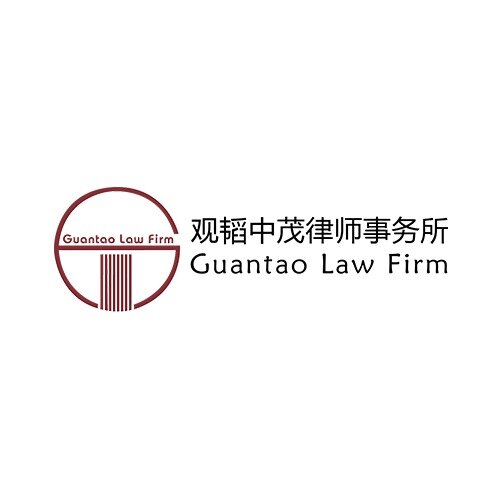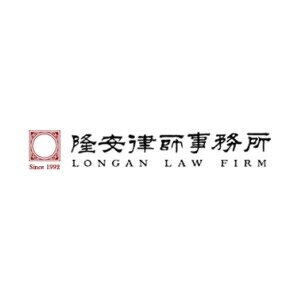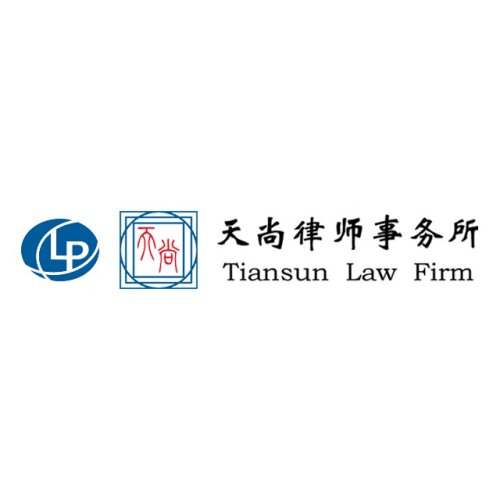Best Franchising Lawyers in Beijing
Share your needs with us, get contacted by law firms.
Free. Takes 2 min.
List of the best lawyers in Beijing, China
About Franchising Law in Beijing, China
Franchising in Beijing, China has rapidly evolved as the city has become a major economic hub. The legal framework governing franchising activities is designed to protect both franchisors and franchisees, ensuring fair and transparent practices. The primary legislation includes the Regulation on the Administration of Commercial Franchises, implemented by the Ministry of Commerce (MOFCOM), which outlines the approval processes, rights, and obligations of all parties involved. Prospective franchisors are required to meet specific criteria and register their franchise agreements with the relevant authorities.
Why You May Need a Lawyer
Engaging a lawyer can be crucial in several situations related to franchising in Beijing. These include drafting and reviewing franchise agreements, ensuring compliance with regulatory requirements, protecting intellectual property, and resolving disputes. Legal experts can provide insights into market-specific practices and help navigate administrative procedures. Additionally, they can assist in negotiations and help mitigate risks associated with entering or expanding within the market.
Local Laws Overview
Franchising in Beijing is guided by several key local laws and regulations. The Regulation on the Administration of Commercial Franchises requires franchisors to have a registered trademark and a viable business model that has been conducted under the same trademark for two years. Franchisees are entitled to disclosure of relevant information from the franchisor, and the franchise agreement must be legally registered. Furthermore, local laws stipulate strict provisions on advertising, contract termination, and dispute resolution mechanisms.
Frequently Asked Questions
What is the first step for a foreign franchisor looking to operate in Beijing?
The first step for a foreign franchisor is to ensure compliance with the Regulation on the Administration of Commercial Franchises, including registration with the Ministry of Commerce and meeting the required operational history in their home country.
Is it mandatory for a franchise agreement to be in Chinese?
Yes, franchise agreements in China must be written in Chinese. It is advisable to have bilingual contracts to accommodate both parties, but the Chinese version will be considered authoritative.
What should I consider before signing a franchise agreement?
Before signing a franchise agreement, you should understand the obligations and rights of both parties, assess financial commitments, review the franchisor's operational history, and seek legal advice to ensure compliance with local regulations.
How is intellectual property protected in a franchise in Beijing?
Franchisors should ensure that their trademarks and other intellectual properties are properly registered in China to prevent infringement. Legal assistance is recommended to monitor and enforce IP rights.
Can a franchisee transfer their franchise to another party?
The transfer of a franchise typically requires the franchisor's approval and must be in accordance with the terms outlined in the franchise agreement. Legal advice is recommended to facilitate this process.
What is the disclosure requirement for franchisors in Beijing?
Franchisors must provide comprehensive disclosure of their business operations, financial status, and legal matters to prospective franchisees at least 30 days before signing a franchise agreement.
Are there any restrictions on advertising for franchises in Beijing?
Yes, there are restrictions on misleading advertising. Franchisors must ensure their advertising is truthful and complies with China's advertising laws and regulations.
What happens if there is a dispute between franchisor and franchisee?
Disputes are usually addressed according to the dispute resolution clause in the franchise agreement, often through arbitration or negotiation. Legal assistance is crucial to navigate these situations effectively.
Can a franchisor terminate the franchise agreement prematurely?
The conditions under which a franchisor may terminate an agreement should be clearly stipulated in the franchise contract. Unilateral termination without basis may result in legal disputes.
What are the penalties for non-compliance with franchising regulations in Beijing?
Penalties can include fines, revocation of business licenses, and being barred from franchising activities. Ensuring compliance with the regulations is essential for continued operations.
Additional Resources
For further information and assistance, consider referencing the Ministry of Commerce (MOFCOM), which oversees franchise regulation in China. Additionally, organizations such as the China Chain Store & Franchise Association (CCFA) offer valuable resources and support. Legal and consulting firms specializing in franchising law in Beijing can also provide personalized guidance.
Next Steps
If you are considering entering the franchising market in Beijing, it is advisable to consult with a legal expert specializing in franchising law. They can assist you in understanding the legal framework, preparing necessary documentation, and ensuring compliance with all regulations. Begin by researching qualified legal firms or reaching out to professional associations related to franchising in China to find the appropriate support for your needs.
Lawzana helps you find the best lawyers and law firms in Beijing through a curated and pre-screened list of qualified legal professionals. Our platform offers rankings and detailed profiles of attorneys and law firms, allowing you to compare based on practice areas, including Franchising, experience, and client feedback.
Each profile includes a description of the firm's areas of practice, client reviews, team members and partners, year of establishment, spoken languages, office locations, contact information, social media presence, and any published articles or resources. Most firms on our platform speak English and are experienced in both local and international legal matters.
Get a quote from top-rated law firms in Beijing, China — quickly, securely, and without unnecessary hassle.
Disclaimer:
The information provided on this page is for general informational purposes only and does not constitute legal advice. While we strive to ensure the accuracy and relevance of the content, legal information may change over time, and interpretations of the law can vary. You should always consult with a qualified legal professional for advice specific to your situation.
We disclaim all liability for actions taken or not taken based on the content of this page. If you believe any information is incorrect or outdated, please contact us, and we will review and update it where appropriate.














